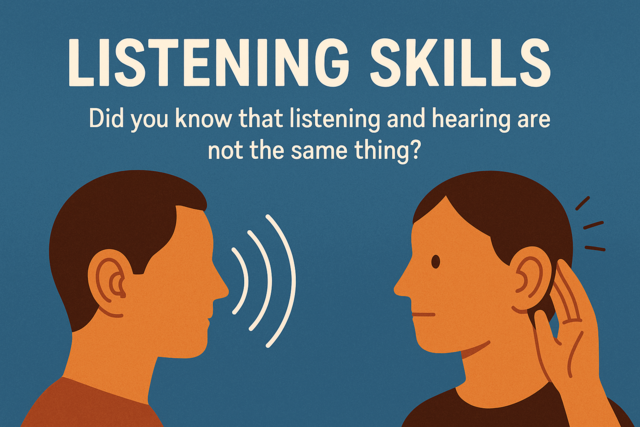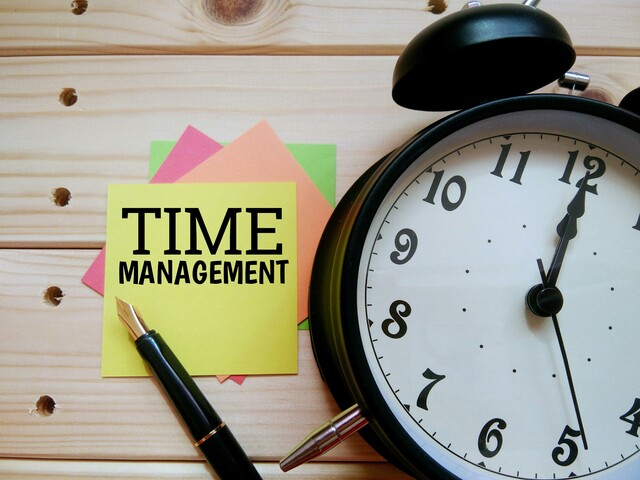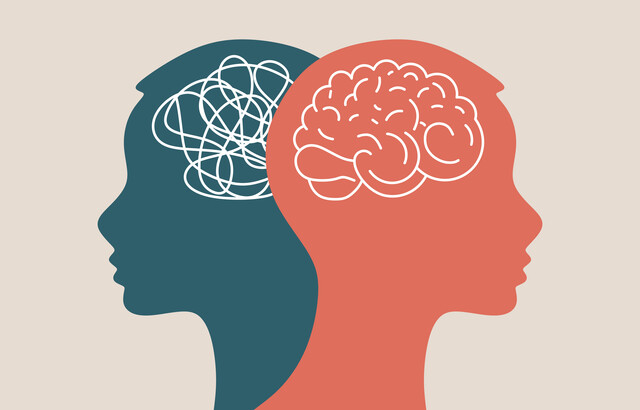Listening Skills
Master the Art of Listening: Transform Conversations, Unlock Opportunities

5 Hours average completion time
0.5 CEUs
13 Lessons
15 Exams & Assignments
420 Discussions
13 Videos
15 Reference Files
Mobile Friendly
Last Updated February 2026
Did you know that listening and hearing are not the same thing? It's a common misconception that the two are interchangeable, but they're actually distinct skills. Hearing is a passive process--something we do naturally without effort. Listening, on the other hand, is an active skill that requires focus, attention, and understanding. At some point, you may have been told, "You're just not listening." Most of us have. But here's the truth: good listening is a skill that's rarely taught in school. It's something we learn through habit, often unconsciously. And those habits, both good and bad, follow us through our adult lives, affecting everything from our personal relationships to our professional success.
This course, Listening Skills 101, is designed to help you understand the core principles of effective listening, why it matters, and how you can improve it--whether for personal growth or career development. Listening well can not only strengthen your connections with others but also make you more respected and valued in social and professional settings. It's a skill that can set you apart in a world where so many people only half-listen, missing out on key details and opportunities for deeper understanding.
The Importance of Listening Skills
One of the key aspects of this course is its focus on why listening is so critical in everyday life. Have you ever felt misunderstood during a conversation? Or maybe you've experienced the frustration of speaking to someone who doesn't seem to be paying attention. Poor listening leads to miscommunication, which can have far-reaching consequences in personal relationships and in the workplace. Whether you're having a heartfelt conversation with a friend, negotiating with a client, or collaborating with colleagues, being a good listener can help you navigate conversations more effectively.
Listening isn't just about understanding words; it's also about picking up on the underlying messages, emotions, and intentions that words sometimes fail to convey. This is where the skill of active listening comes in. Active listening involves fully concentrating on the speaker, understanding their message, responding thoughtfully, and remembering what was said. It's an approach that can make you more empathetic, build trust, and enhance your problem-solving abilities.
Types of Listeners and Barriers to Effective Listening
During the course, you'll have the opportunity to assess what type of listener you are. Some people are more reflective listeners, carefully processing information before responding, while others may be competitive listeners, often thinking about their reply while the other person is still speaking. Understanding your personal listening style can help you recognize areas for improvement and make you more aware of how you engage with others.
Barriers to effective listening can vary, and this course takes a deep dive into the most common ones. Distractions, preconceived notions, and emotional biases are all obstacles that can hinder your ability to truly listen. For example, in a work setting, multitasking while listening to a colleague or client can lead to missed details and misunderstandings. Similarly, personal biases or assumptions about what someone is saying can lead you to jump to conclusions, blocking true comprehension. By identifying and addressing these barriers, you'll become more mindful and intentional in your conversations.
Developing Good Listening Habits
Improving your listening skills starts with understanding the habits you've already developed. Whether good or bad, these habits form the foundation of how you interact with others. Some habits may seem harmless, but they can be detrimental to effective communication. For instance, interrupting or finishing someone's sentences might seem helpful, but it can make the speaker feel unheard and disrespected.
This course teaches you how to cultivate good listening habits. Simple adjustments, like maintaining eye contact, nodding to show you're engaged, or asking clarifying questions, can go a long way in improving the quality of your interactions. One essential skill you'll practice is note-taking--not just writing down what is said, but also capturing key points that reflect the speaker's main ideas and emotions. This is especially useful in professional settings, where listening carefully and remembering details can make a big difference in decision-making and leadership roles.
The Role of Body Language in Listening
It's easy to overlook the importance of body language in communication, but it plays a significant role in how we listen and respond. This course emphasizes the non-verbal cues that can enhance or detract from your listening effectiveness. Gestures, facial expressions, and posture all send messages to the speaker about whether or not you are truly engaged. For example, leaning slightly forward shows interest, while crossing your arms can signal defensiveness or disinterest. Understanding and controlling your own body language, as well as reading the body language of others, will help you communicate more effectively.
Listening Skills in Practice
The course doesn't just give you the theory behind listening; it also provides practical exercises to sharpen your skills. You'll engage in activities that challenge your listening habits and help you apply the skills you learn in real-world situations. For example, one exercise may involve practicing active listening with a partner or recording conversations to reflect on how well you listen under different circumstances. These exercises are designed to make the skills stick, so they become second nature in your daily interactions.
Additionally, you'll explore ways to help children develop strong listening habits. If you're a parent or work with children, teaching them how to listen effectively from a young age can set them up for better communication and stronger relationships as they grow. The course provides strategies for engaging kids in listening exercises and encouraging them to focus, which is especially important in today's fast-paced, distraction-filled world.
Your Path to Better Listening
By the end of the course, you'll have a comprehensive understanding of what it takes to be a good listener and the steps you can take to improve. Whether you're looking to enhance your personal relationships, become more effective in your professional life, or even teach others how to listen better, this course will equip you with the tools you need. Listening is a skill that often goes unnoticed, but once you master it, the benefits are clear--stronger connections, better understanding, and more meaningful conversations. Join us and discover how becoming a better listener can positively impact every area of your life.
- Reading non-verbal cues confidently
- Critically assessing communication barriers
- Cultivating respectful conversational habits
- Managing distractions effectively
- Building trust through attentive engagement
- Enhanced focus and comprehension
- Adapting to diverse listening styles
- Embracing open-minded communication
- Active listening for empathetic connections
- Improved personal and professional relationships
- Developing effective note-taking skills
-

Negotiation Skills
-

Career Coaching
-

Etiquette for Children and Teens
-

Become a Life Coach - Course Bundle
-

Introduction to Ethics
-

Child Abuse Recognition, Investigation, and Protection
-

Motivational and Public Speaking
-

Life Coaching 101
-

Preventing Workplace Harassment
-

Personal Communication Skills Level 3
-

Speed Reading 101
-

Wellness Coaching
-

Mastering Gmail: Unlock the Power of Modern Email
-

Speed Writing 101
-

Building Self Esteem
-

Introduction to JavaScript
-

Emotional Intelligence
-

Developing Great Social Skills
-

Critical Thinking Skills
-

Generational Diversity in the Workplace
-

Time Management 101
-

Lifetime Wellness 101
-

Community Development 101
-

Psychology 101
-

Life on Your Terms: Awaken Your Inner Coach